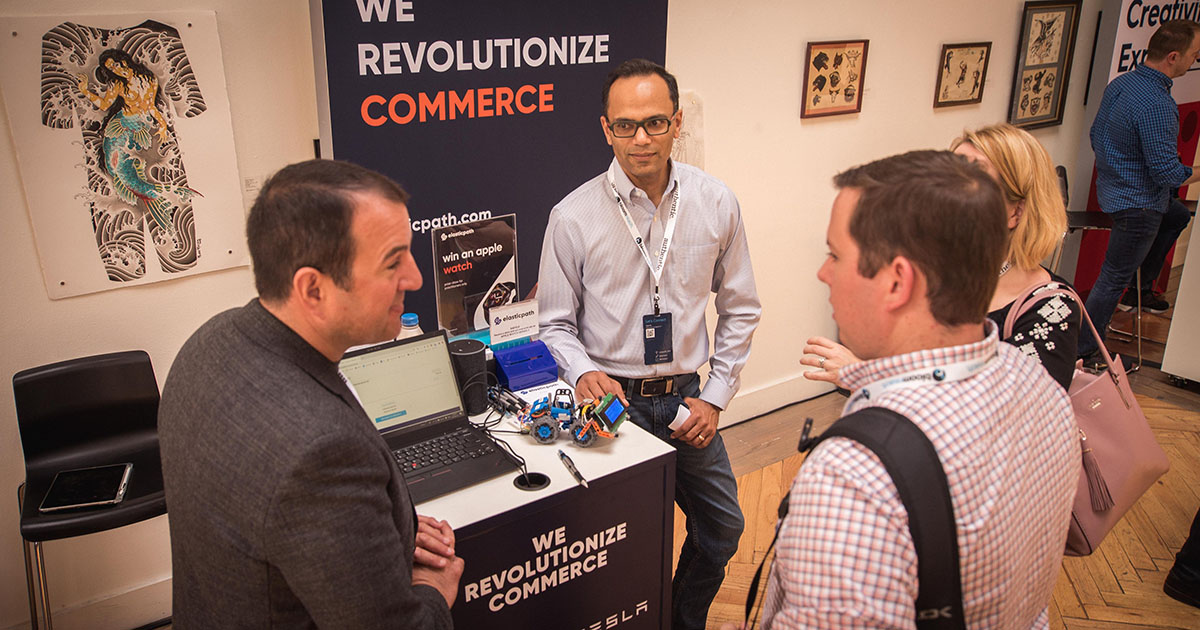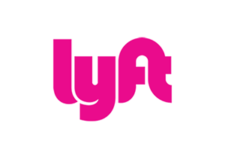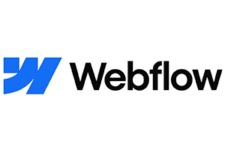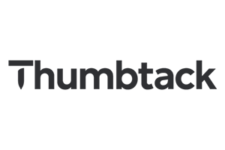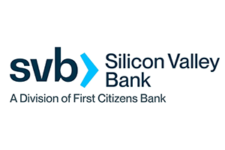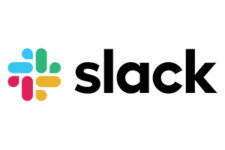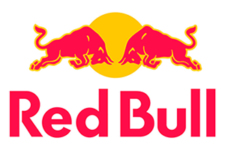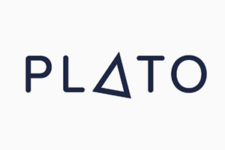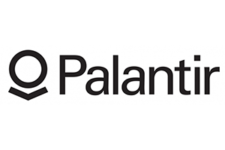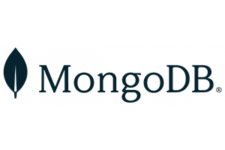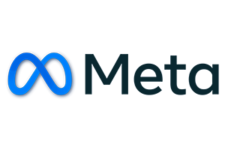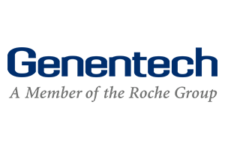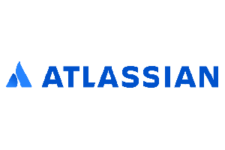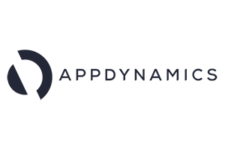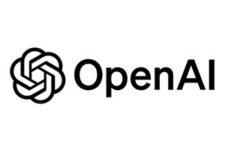AI-Powered Precision: Transforming Event Logistics and Operations
San Francisco, CA | Updated: 10/17/2024
Event logistics and operations are the backbone of any successful event. From coordinating schedules and managing resources to ensuring seamless communication, the complexity of these tasks can be overwhelming. Artificial Intelligence (AI) continues to revolutionize the way events are planned and executed, making it easier for event planners to manage the many moving parts efficiently. This article explores how AI is streamlining event logistics, improving operational efficiency, and making events smoother to execute.
Streamlining Event Logistics with AI
1. Automated Scheduling and Resource Management
- Functionality: AI-driven tools automate the scheduling process by considering multiple variables such as venue availability, attendee preferences, and resource allocation. With the growing use of machine learning algorithms, AI tools are also able to optimize schedules in real-time, reacting to unforeseen changes such as last-minute attendee adjustments or resource shortages.
- Examples: Tools like Aventri and Cvent now offer more advanced AI-powered scheduling features that automatically adjust timelines and resource needs based on real-time data and analytics.
- Benefits: Reduced manual errors, time savings, and more efficient use of resources, leading to smoother event execution.
2. AI-Powered Venue Selection and Management
- Functionality: AI analyzes vast amounts of data to recommend the best venues for specific event needs, considering variables like location, size, amenities, and attendee preferences. With advancements in natural language processing (NLP), AI tools are now even better at interpreting detailed planner requests and turning them into venue management suggestions.
- Examples: Platforms like Spacebase and EventPro use AI to match events with suitable venues based on criteria such as size, location, amenities, and attendee behavior.
- Benefits: Optimal venue selection that aligns with event goals, enhanced planning efficiency, and better use of venue spaces.
3. Supply Chain and Vendor Management
- Functionality: AI has taken supply chain management to new heights by predicting demand, optimizing inventory levels, and automating procurement processes. AI tools now also monitor vendor relationships more closely, offering real-time status updates and ensuring reliable, timely deliveries.
- Examples: Platforms like Glue Up use AI to streamline supply chain and vendor management processes, reducing costs and improving overall logistics.
- Benefits: Reduced costs, minimized risks of supply shortages, and enhanced coordination with vendors, making the supply chain more reliable and responsive.
4. Real-Time Event Monitoring and Analytics
- Functionality: AI-powered tools now provide real-time insights and analytics, tracking everything from attendee flow to resource utilization and schedule adherence. These systems can even integrate with IoT (Internet of Things) devices to offer more granular control over the event environment. AI monitoring also extends to risk management, identifying potential bottlenecks and security issues as they arise.
- Examples: Zenus offers real-time facial recognition and analytics, tracking attendee movement to optimize event logistics and enhance the overall experience.
- Benefits: Proactive problem-solving, improved attendee experiences, enhanced safety measures, and more efficient event management.
Improving Operational Efficiency with AI Tools
1. Enhanced Communication and Collaboration
- Functionality:AI-driven tools improve communication and collaboration among event teams by automating task assignments, tracking progress, and providing real-time updates to stakeholders. AI-powered virtual assistants have become more prevalent, offering more intuitive ways to manage teams, ensuring seamless communication and better task management.
- Examples: Asana and Trello have expanded their AI capabilities, enabling better project management and collaboration for event planning teams.
- Benefits: Faster decision-making, reduced miscommunications, streamlined workflows, and enhanced team productivity.
2. Predictive Analytics for Event Planning
- Functionality: Predictive analytics has advanced significantly, allowing AI to forecast potential challenges and opportunities by analyzing historical data and real-time inputs. Planners now use AI to predict everything from attendance trends and logistical bottlenecks to optimal resource allocation, improving both preparedness and adaptability during events.
- Examples: IBM Watson continues to lead the way in predictive analytics, offering event planners the ability to mitigate risks and optimize operations..
- Benefits: Better preparedness, reduced operational risks, and optimized event outcomes, leading to more successful and smoothly run events.
3. Automated Reporting and Feedback
- Functionality: AI automates reporting processes by gathering data from multiple sources, generating comprehensive reports on event performance, and highlighting key performance indicators (KPIs). With the integration of sentiment analysis, AI tools can now also analyze attendee feedback more effectively, identifying underlying themes and areas for improvement.
- Examples: Tools like SurveyMonkey integrate AI to analyze feedback and generate reports that provide actionable insights for future event optimization.
- Benefits: Time savings, more accurate and meaningful reports, and valuable insights that drive continuous improvement in event execution.
Real-World Examples of AI in Event Logistics and Operations
1. The Olympics and AI-Powered Logistics
- Scenario: The Tokyo 2020 Olympics used AI to manage complex logistics, including transportation, venue management, and resource allocation. AI helped streamline large-scale operations, ensuring that logistics ran smoothly across the multiple venues and events.
- Impact: AI significantly improved the efficiency and safety of the event, optimizing transportation routes and managing crowd flow to reduce congestion and enhance the attendee experience.
2. Corporate Conferences with Cvent
- Scenario: A large corporate conference used Cvent’s AI-driven platform to manage event logistics, from scheduling sessions to coordinating vendor deliveries.
- Impact: The conference achieved higher operational efficiency, with fewer logistical issues and improved attendee satisfaction.
3. Music Festivals and Real-Time AI Monitoring
- Scenario: Major music festivals like Coachella have integrated AI for real-time monitoring of event logistics, including crowd management, resource allocation, and emergency response.
- Impact: AI helped improve the safety and efficiency of these large-scale events, providing a better experience for attendees and organizers alike.
Learn More: AI in Event Planning Series
In the next article, we will explore how AI has emerged as a critical tool for enhancing the virtual and hybrid event experience, both for organizers and attendees, from personalized interactions to real-time data analysis.
RELATED CONTENT




